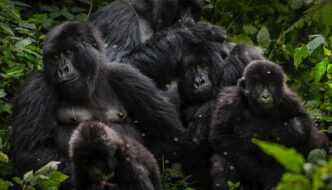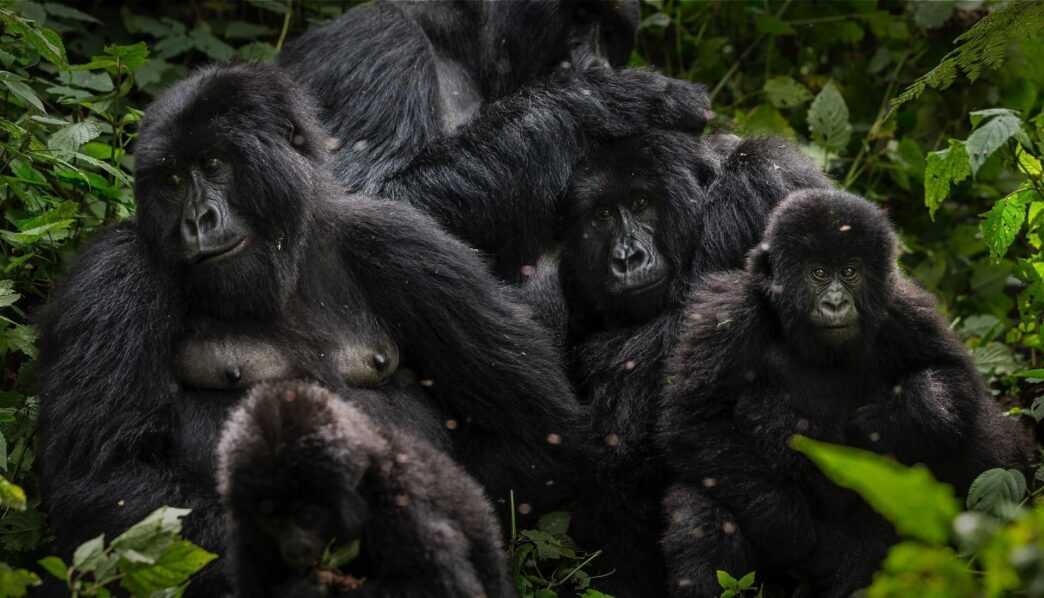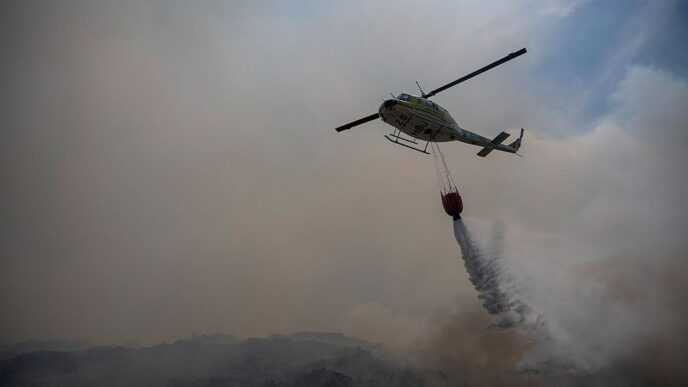In the heart of the Democratic Republic of Congo (DRC), Virunga National Park — Africa’s oldest national park — is celebrating 100 years of conservation, courage, and perseverance. Established in 1925, Virunga has become a global symbol of resilience, home to critically endangered mountain gorillas and a stunning range of wildlife that has faced decades of conflict and environmental threats.
The centenary festivities, held this week at the park’s headquarters in Rumangabo, drew global attention to Virunga’s dual story: its breathtaking biodiversity and the relentless challenges it faces. From armed conflict and poaching to climate change and political instability, the park’s survival is a testament to the dedication of its rangers, many of whom have made the ultimate sacrifice to protect it.
Virunga covers nearly 8,000 square kilometers, stretching from the Rwenzori Mountains to the volcanoes of the Albertine Rift. It is one of Africa’s most biodiverse protected areas, housing elephants, chimpanzees, and over 700 bird species. The park has also become a symbol of hope for sustainable development, supporting eco-tourism initiatives and clean energy projects that benefit local communities.
Speaking during the celebrations, Virunga’s director emphasized the need for continued international support, highlighting that conservation in regions plagued by instability requires a new, more inclusive approach — one that benefits both nature and people.
As Virunga National Park marks its centenary, it stands as a powerful reminder of what can be achieved through unwavering commitment to conservation, even in the most difficult environments. The future of Virunga — and the countless lives it touches — depends on continued vigilance, innovation, and collaboration, ensuring Africa’s natural heritage thrives for generations to come.
Read also; Namibia to Offer Free University Education by 2026














